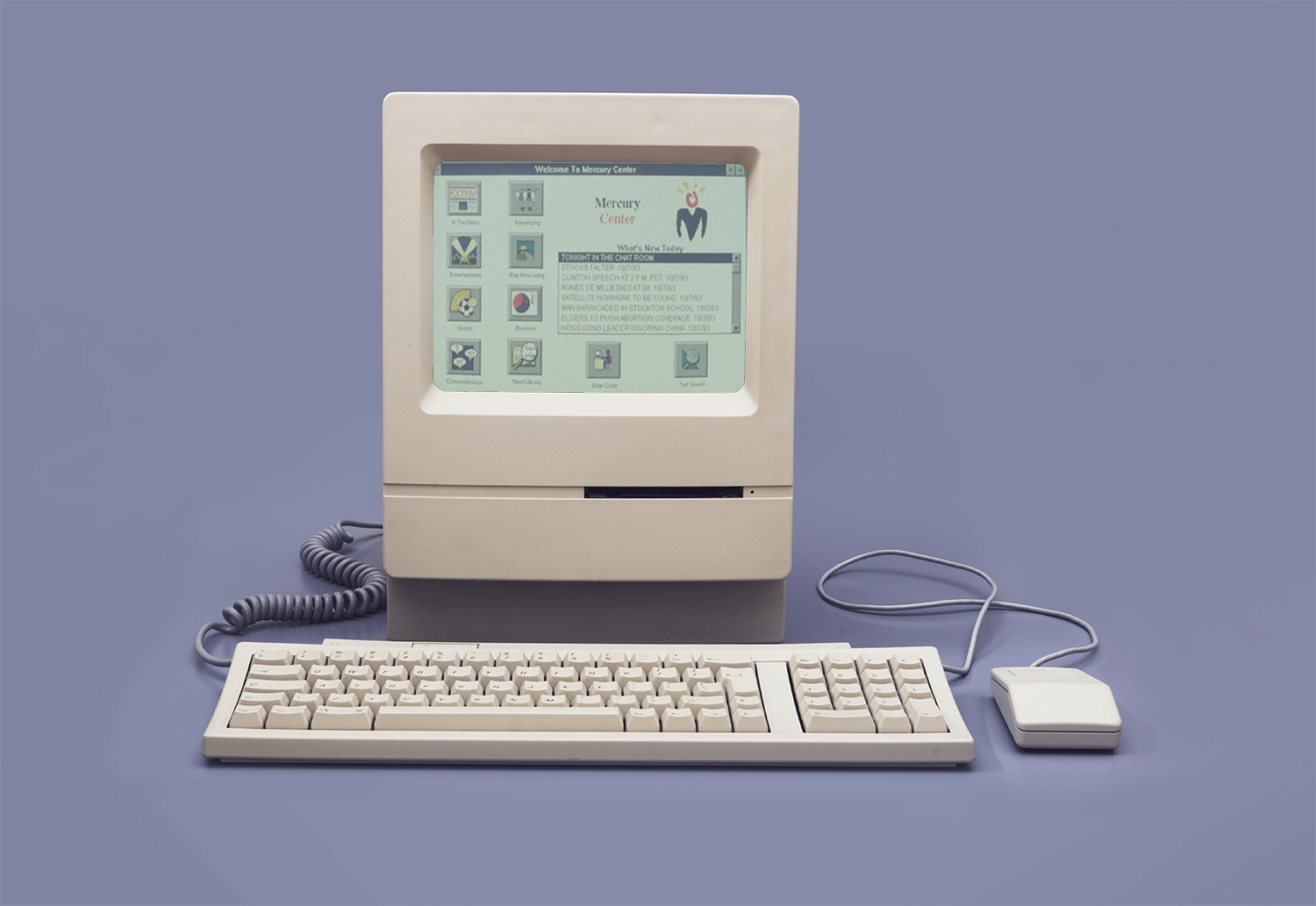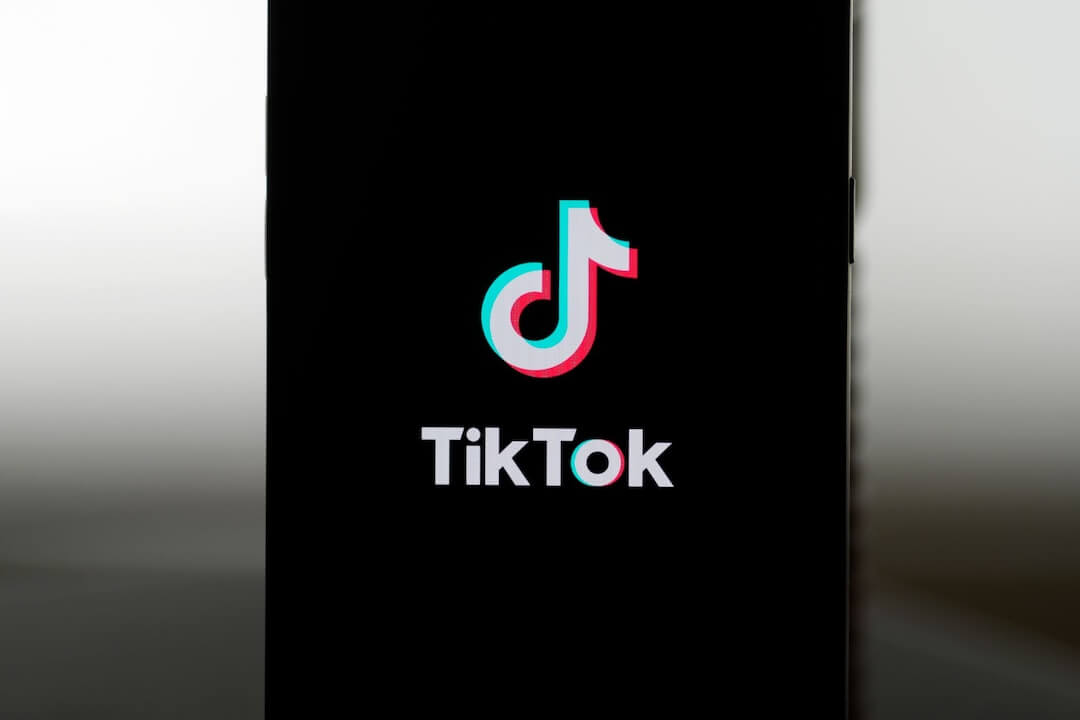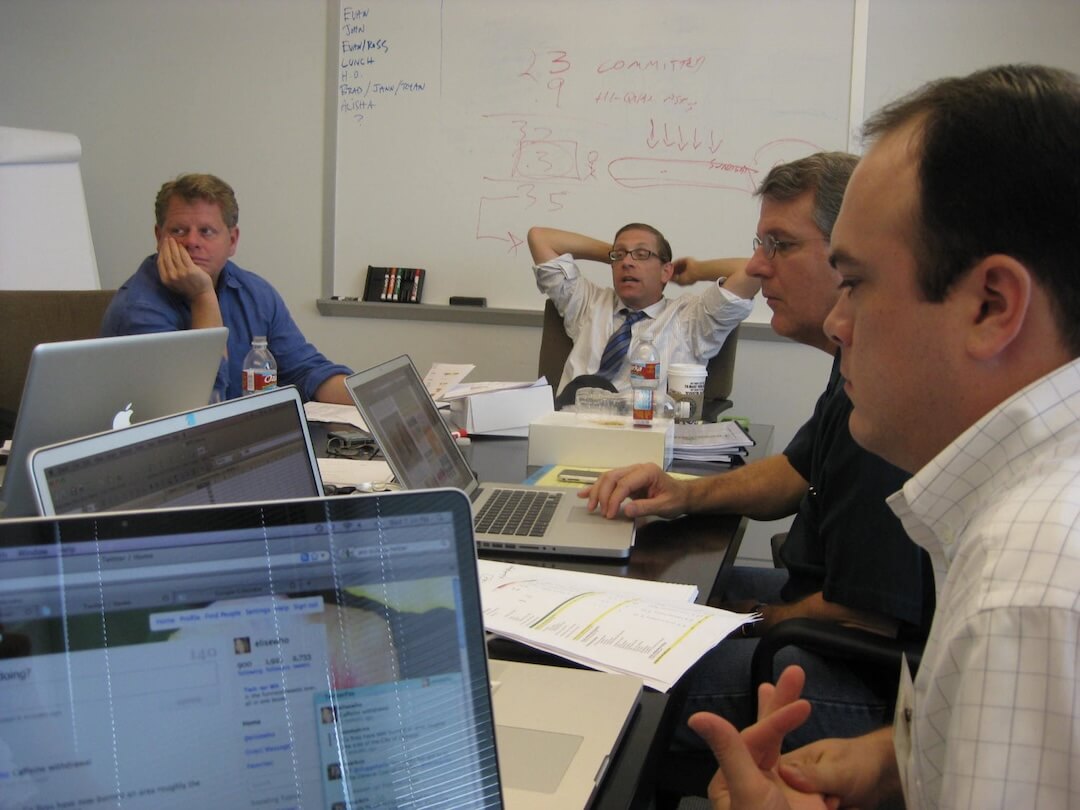An entirely unforeseen consequence of the war in the Middle East may be reader skepticism about one of American journalism’s proudest achievements — the increase, albeit slow, in the diversity of our staffs.
I called a friend a few weeks ago to warn her that I was working on an op-ed piece about our contentious conversation a few days earlier about coverage of the Middle East. As this second conversation also turned edgy, she grabbed that day’s San Jose Mercury News, leafed through the war coverage and then said, to my amazement, “What’s with the Arab names on articles?”
With those few words, she turned diversity on its head. A huge positive suddenly became a gigantic negative.
The “Arab” byline she referred to belonged to Anthony Shadid of The Washington Post, who won a Pulitzer in international reporting two years ago. I pointed that out to the reader, whose response was something like, “I don’t care.”
I don’t know Shadid, so I looked up his bio on the Pulitzer site. The wording represents everything that any editor would be proud of. But how would that reader process those words:
“Shadid, an American of Lebanese descent, speaks and reads Arabic, offering him insights not available to most Western journalists working in the Middle East. …”
Likewise, I take a tiny slice of credit, as does everyone in Knight Ridder who even remotely knows her, for steering one of Shadid’s colleagues, Hannah Allam, toward coverage of the war in Iraq. (In addition to her other skills, Hannah speaks French and knows some Arabic.) But Hannah’s dad is Egyptian. Would that lead some readers to question her much-honored coverage?
I put all of that out of my mind, and out of the op-ed piece, until this past Sunday, when I spoke at an event about “how to get your letter to the editor published.” (I’d conduct a similar session for groups of any race or ethnicity.)
Before the session started, an older gentleman asked if an editor of our acquaintance “really” is Jewish given that the paper’s news coverage doesn’t tilt toward Israel. I was caught off guard. So, rather than react the way I should have, I said that the editor in fact does happen to be Jewish. Unbelievably, he then asked about the religious affiliation of the editor’s spouse. At that point, I told him that such information was none of my business. He reacted to my anger with equanimity. Why not ask such questions, he probably thought. There are no rules when it comes to the Middle East.
I concede that my sample is tiny. But I have to think that if these rude, personal questions are asked in the liberal, hyper-diverse Bay Area, they’re being asked elsewhere. Maybe we journalists are the reason. We’ve talked for three decades about the need to hire all sorts of people in our newsrooms because of language, cultural and other advantages. But we’ve generally talked only to ourselves. Maybe it’s time to explain to readers that their sources of news will be much more complete when the mix includes everyone from Lebanese-Americans to Egyptian-Americans to Jewish Americans, whose backgrounds help them explain complex stories without slanting the news.
Jerry Ceppos is a former executive editor of the San Jose Mercury News and former vice president/news of Knight Ridder.
Uncategorized
Educating Readers:Explaining why Diversity Matters
Tags: My Take
More News
Max Frankel on how news became the oxygen of our liberty
In a foreword written after 9/11, the late New York Times editor captured journalism’s essential role — and warned what happens when we forget it
April 3, 2025
Poynter welcomes inaugural class for ‘Covering Child Welfare: A Journalist’s Guide to Impactful Reporting’
New program equips journalists to deepen community engagement through child welfare reporting
April 3, 2025
The Mercury News put all its news on the web for free 30 years ago. Did it open Pandora’s box?
How Mercury Center went from bold experiment to parable with no conclusion
April 3, 2025
Opinion | As the US deadline for TikTok looms, Trump says he wants to keep it alive
Multiple bidders have emerged, but questions remain about China’s role, TikTok’s algorithm and whether any deal will satisfy critics
April 3, 2025
Opinion | John Thornton didn’t just fund nonprofit news — he helped define how it works today
Thornton, who died last weekend at 59, left behind rapid-fire aphorisms and big ideas that still shape the future of nonprofit news
April 3, 2025





